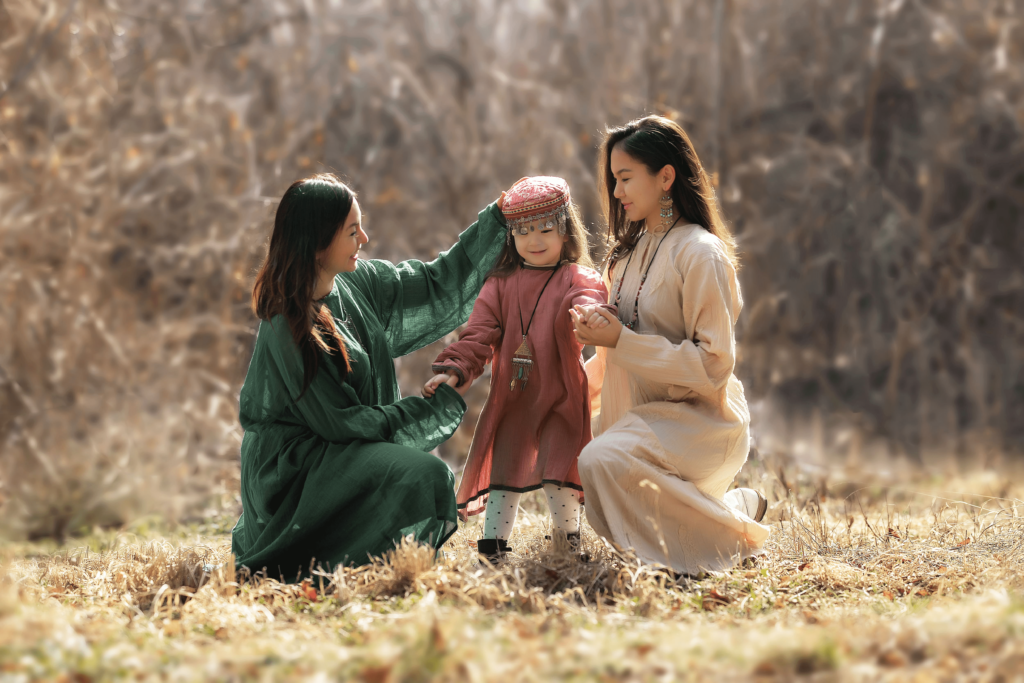NUR-SULTAN – A weeklong festival dedicated to Kazakh ethnic cuisine and clothing started Aug. 12 at the Nomad Ethnographic Centre in Zhanakurlys village of the Almaty Region. Participants can learn ethnic recipes, visit thematic shows and attend handmade master classes.
Expert restaurateur Serikhan Adilkhanov noted ethnic cuisine is like a mirror reflecting a people’s history, customs and traditions and from the first day, chefs from Almaty restaurants and masters of nomadic costumes have tried to transport individuals to ancient times.
The chefs prepared several types of beshbarmak (boiled meat with noodles and spiced onion sauce), sirne (fried and baked lamb), pilaf (rice cooked in stock or broth with spices, vegetables and meat), kuyrdak (fried meat, usually sheep’s liver, kidney, heart and lungs) and many other national dishes. The presentation continued with a series of master classes and lectures, where culinary experts and those keeping ancient traditions shared the secrets of cooking meat, dairy dishes and bakery products.
Of particular interest to the participants, especially those from European countries, was the gastronomic show Unique Kazakh Dishes. They were introduced to the traditions of serving meat such as tabaq tartu and cutting ram carcasses such as jіlіkteu. Ethnographers talked about the ways ancient nomads stored and transported food.
Participants also learned about the peculiarities of preparing forgotten ethnic cuisine such as syrbaz, a type of kuyrdak cooked exclusively in kymyz (fermented mare’s milk). The preparation gives the dish a special piquancy and is considered a kind of aperitif to accelerate the appetite.
After lunch, the visitors watched a riding show and archery competitions on horseback.
The day culminated with a display of military armour and costumes. The Nomads Fashion show, arranged by the country’s leading designers, ended with the Sweets from Saumal (fresh horse milk) chocolate display.
“By organising such festivals, we want to show foreign guests, as well as our compatriots, a rich palette of Kazakh culture,” said Nomad Ethno Centre Director Zhandos Nurbekov. “Our ancestors were not only brave warriors, but also skilled craftsmen, culinary specialists, tailors. Many thanks to the enthusiasts and masters of historical reconstruction, Stanislav Potapov and Daniyar Baidaralin, who are trying today to reliably recreate the nomadic way of life of the steppes.”


